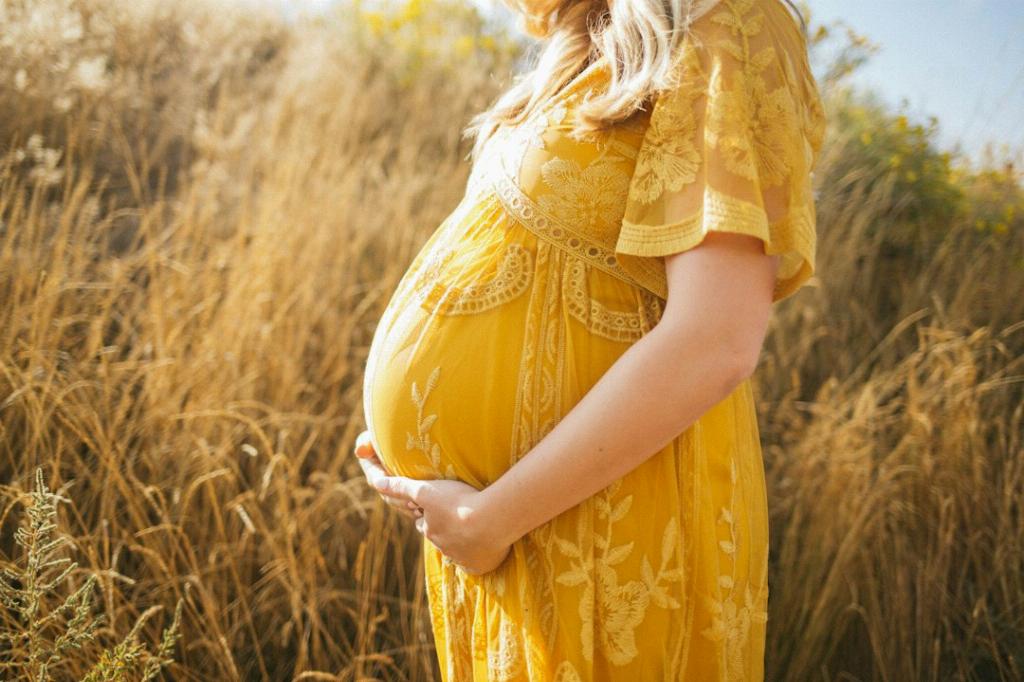From the very moment of conception, your body begins a remarkable transformation to support the growing life inside you. One of the first changes you will notice is in your hormone levels. Your body starts producing more progesterone, a hormone crucial for maintaining a healthy pregnancy.
Progesterone prepares the uterine lining for implantation and helps prevent you from menstruating. This hormone is essential for supporting the early stages of pregnancy and creating the right environment for the embryo to develop.
Another hormone that plays a key role in pregnancy is human chorionic gonadotropin (hCG). This hormone is known as the pregnancy hormone because its levels rise significantly after fertilization occurs. It is the hormone that pregnancy tests detect to confirm you are expecting.
Shortly after implantation, your body starts producing hCG, which can usually be detected in your blood around 11 days after conception and in urine about 12-14 days after conception. The rapid increase in hCG levels is one of the first indicators of pregnancy.
As your pregnancy progresses, hCG levels continue to rise, peaking around the first trimester before gradually decreasing. The presence of hCG is crucial for maintaining the pregnancy, as it helps sustain the corpus luteum, a temporary endocrine structure that produces progesterone until the placenta takes over hormone production.
Along with these changes, your estrogen levels also increase during pregnancy. Estrogen is essential for supporting fetal development, promoting the growth of the placenta, and preparing the mammary glands for breastfeeding.
The interplay of these hormones is finely balanced to ensure the successful progression of your pregnancy. Any disruptions in hormone levels can have implications for the health of both you and your baby.
During the second trimester, hormone levels stabilize, leading to a decrease in symptoms like nausea and fatigue that are commonly associated with early pregnancy. However, hormones continue to play a crucial role in maintaining the pregnancy and supporting fetal growth.
By the third trimester, your body undergoes further hormonal changes to prepare for labor and delivery. The hormone relaxin helps soften the cervix and relax the ligaments in your pelvis to facilitate childbirth, while oxytocin triggers contractions during labor.
After giving birth, hormone levels start to shift once again. The sudden drop in estrogen and progesterone can lead to postpartum blues or depression as your body adjusts to the new hormonal balance. Breastfeeding also triggers the release of the hormone prolactin, which stimulates milk production.
Throughout the incredible journey of pregnancy, your body goes through a series of intricate hormonal changes to support the development of new life. These changes start as soon as conception occurs and continue well into the postpartum period, ensuring the well-being of both you and your baby.

